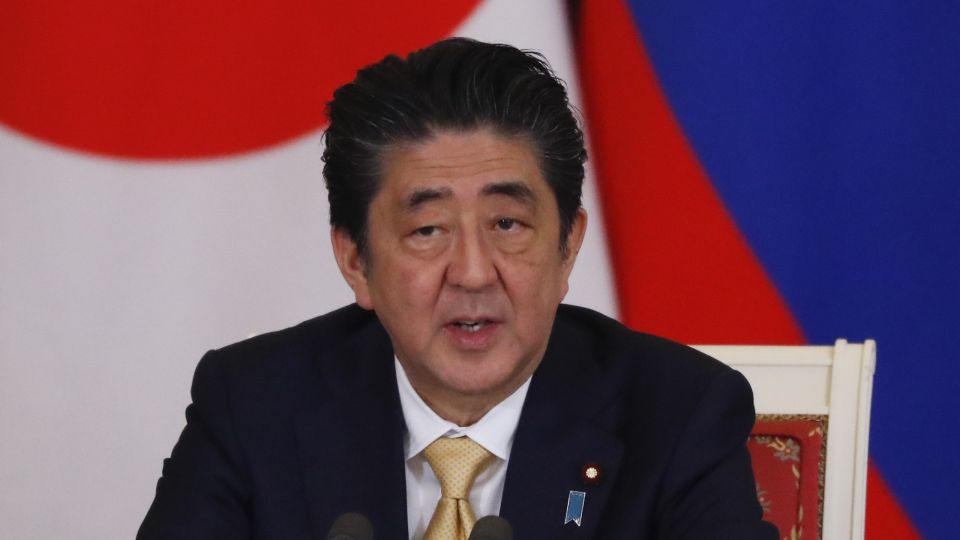October 25, 2019
Basic stance remains unchanged for both parties.
Prime Minister Lee Nak-yon and Japanese Prime Minister Shinzo Abe met in Tokyo on Thursday and agreed that the deterioration of bilateral relations cannot be allowed to continue.
“I interpret (the situation) as being that the sporadic, undisclosed talks between the two sides are becoming official,” Lee was quoted as saying by a local news agency after the meeting. “I have hopes that (the talks) can speed up a little.”
Earlier in the day, Cho Sei-young, the first vice minister of foreign affairs, told the media that Lee and Abe had agreed that Korea and Japan are important neighbors, and that the strained ties cannot be neglected.
According to Cho, Lee and Abe also agreed that cooperation between South Korea and Japan on security matters, including cooperation on North Korea, was vital, and Lee requested Tokyo’s cooperation in pursuing dialogue to resolve issues between Seoul and Tokyo.
While Lee and Abe agreed on the need to improve relations, Abe is said to have repeated his government’s position on the matter of wartime forced labor.
Ties between Seoul and Tokyo have been frayed since the South Korean Supreme Court sided with plaintiffs who had been forced to work for Japanese firms during Japan’s occupation of Korea, and especially since Japan’s subsequent decision to retaliate.
Tokyo claims the matter of forced labor was resolved through a 1965 treaty normalizing ties between the two nations, and in July it introduced trade restrictions in retaliation.
In response to Abe’s reiteration of Japan’s position, Lee said both countries had abided by the conditions of the treaty and that the current issue could be resolved if the two sides worked together, Cho said.
At the meeting Lee also delivered a letter from President Moon Jae-in, which reportedly conveyed Moon’s congratulations on the enthronement of Japan’s Emperor Naruhito as well as his hope of cooperating with Japan to resolve diplomatic issues.
While the prime ministers’ meeting served only to reaffirm the two sides’ positions on the matter, Seoul officials have described the meeting as a “turning point.”
“Difficulties between the two countries have continued for 3 1/2 months, but the prime ministers’ meeting being arranged can be seen as a turning point,” a government official said on condition of anonymity.
“Prime Minister Lee said the goal (of his trip) was to create an atmosphere that facilitates bilateral talks, and that goal seems to have been achieved.”
Meanwhile in Seoul, Foreign Minister Kang Kyung-wha told reporters that there had been no changes to Japan’s position that could be deemed significant enough to warrant reconsideration of Seoul’s decision on the General Security of Military Information Agreement. In response to Tokyo’s decision to remove South Korea from its list of trusted trade partners under its export control system, Seoul announced in August that the GSOMIA would not be renewed.
“Positive mood for (revoking the decision on) GSOMIA can be established when Japan’s unfair export regulations are withdrawn,” Kang said.
“At present I do not consider the matter to be a subject of negotiations with Japan.”
Kang also revealed that little progress had been made regarding Seoul’s suggested solution for compensating victims of forced labor. After the Supreme Court ruling, Seoul suggested establishing a fund with money donated by Korean and Japanese firms in equal parts. The suggestion, however, was immediately rejected by Japan.
According to Kang, the two sides have discussed a number of factors related to the issue, and the two countries have gained a better understanding of each other’s positions.


